
In business today, leaders who can inspire and drive change are more important than ever. Leadership coaching certification is a great way to boost your leadership skills and make a real difference in your workplace. Did you know that companies with strong leadership programs can see up to a 25% bump in business performance? It's true! This shows why investing in leadership coaching certification matters. In this article, we'll look into the real benefits, explore the ROI, and break down the key parts of these programs. We'll also help you pick the right certification and talk about the long-term career impact and industry trends. Whether you're just starting out or already an executive, knowing the value of leadership coaching certification can really help your career. Let's jump in!
Summary: This article explains the benefits, ROI, and core components of leadership coaching certification programs, guiding readers on choosing the right program and discussing long-term career impacts and industry trends. It also includes a FAQ section to address common queries.
Benefits of Leadership Coaching Certification
Career Advancement with Leadership Coaching Certification
Getting certified in leadership coaching can significantly boost your career. These programs enhance your decision-making skills, enabling you to better analyze situations and make strategic choices that benefit your organization. You'll also refine your communication skills, such as:
- Expressing yourself clearly
- Listening actively
- Providing constructive feedback
These skills are essential for effective teamwork and maintaining harmony in the workplace. Furthermore, leadership coaching fosters self-awareness and emotional intelligence, which are crucial for tackling challenges and stepping into future leadership roles.
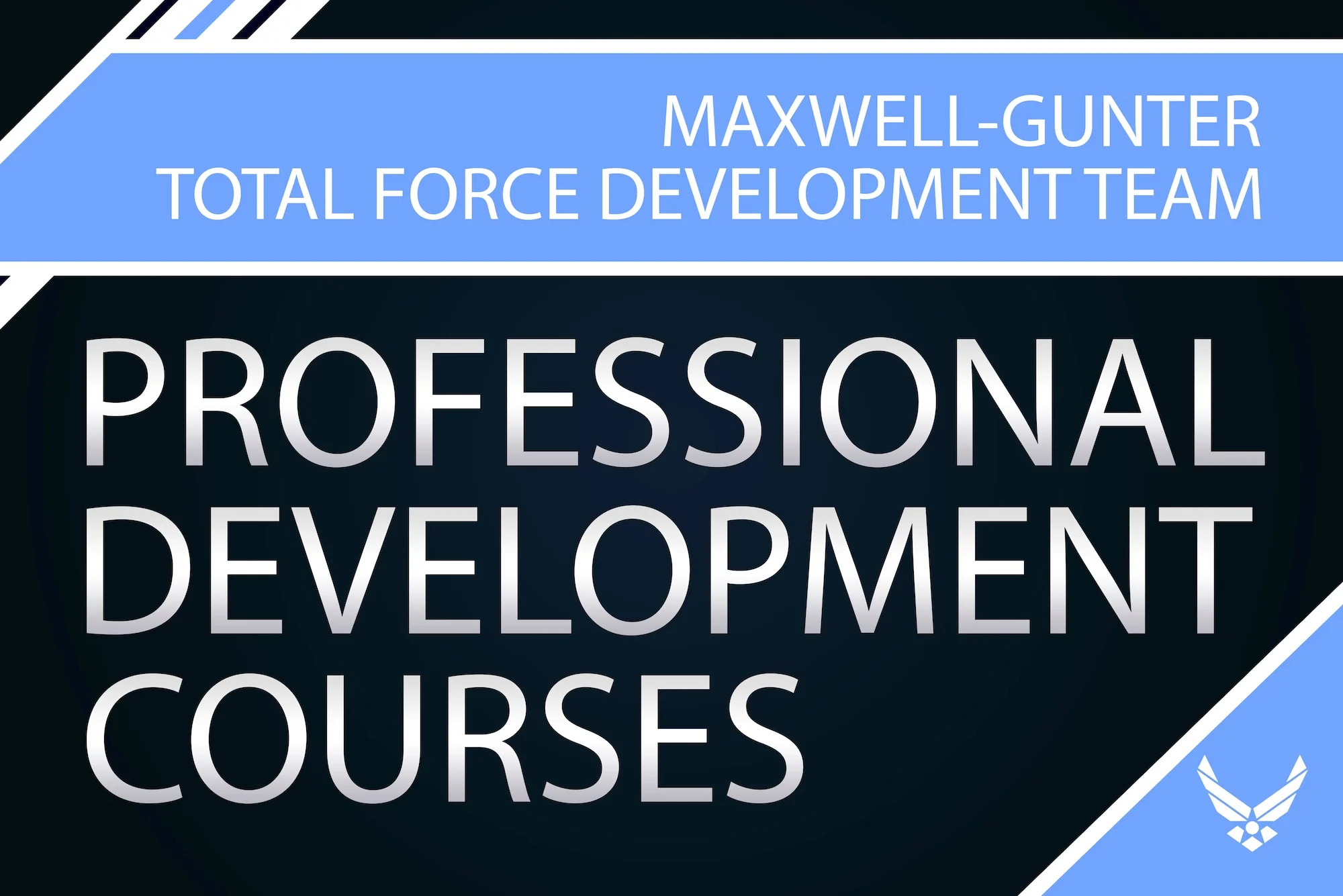
Many programs offer structured plans and assessments to track your growth, supporting both personal and professional development. With these certifications, you gain advanced coaching strategies and real-world leadership skills, boosting your confidence and competence. For instance, a manager who completed a certification found they could resolve conflicts and lead teams more effectively, resulting in improved employee engagement and retention.
For more details, visit The Coach Training Academy and APU.
Boosting Credibility with Leadership Coaching Certification
In leadership coaching, credibility is key. Obtaining a certification, particularly one aligned with International Coaching Federation (ICF) standards, provides you with recognized credentials that enhance your professional standing. Certified coaches are viewed as trusted partners capable of influencing organizational change and leadership culture.
These programs often include mentor and private coaching sessions, which further enhance your coaching skills and professional reputation. Certification demonstrates to employers and clients your commitment to ethical standards, continuous growth, and the mastery of coaching skills. For example, an executive with certification was promoted due to their advanced leadership skills and credentials that aligned with the company’s values.
For more information, visit Corry Robertson and Essential Impact.
Building Networks with Leadership Coaching Certification
Leadership coaching certification programs are excellent for networking. They often feature cohort-based learning and interactive virtual classes, providing opportunities to connect with peers and experienced coaches. Small group training and one-on-one sessions offer personalized interactions and ongoing support among participants.
Being part of a certified coaching community grants you access to resources, post-course support, and collaborative peer learning, which enhances your career development. Networking through these programs connects you with coaches and professionals who share similar goals and skills. One participant leveraged these connections to collaborate on leadership projects and receive mentoring beyond the program.
Learn more about these networking benefits at Essential Impact and APU.
ROI and Impact of Leadership Coaching Certification
Quantifiable ROI and Business Impact of Leadership Coaching Certification
Leadership coaching certification programs can significantly benefit organizations. Studies indicate that executive coaching often yields a substantial return on investment (ROI), with reported returns ranging from 500% to 788%. This increase is primarily attributed to:
- Enhanced productivity
- Improved employee satisfaction
- Refined management skills
A global survey conducted by PriceWaterhouseCoopers and the Association Resource Center revealed an average ROI of seven times the cost of hiring a coach, underscoring the financial advantages of leadership coaching. Furthermore, leadership training programs have demonstrated an annual ROI of up to 415%, equating to a return of $4.15 for every $1 invested in training.

Investing in leadership development typically results in:
- Revenue growth
- Higher employee morale
- Reduced turnover
- Better alignment between goals and actions
All these factors contribute to clear business success. For more details, you can view the source.
Case Studies and Success Stories of Leadership Coaching Certification
Numerous stories illustrate the transformative impact of leadership coaching. For example, coaching tailored for women leaders often enhances:
- Self-awareness
- Confidence
- Leadership style
- Management of power and conflict
These improvements lead to better performance and well-being. Approximately 75% of those involved in executive and leadership coaching report that the value received was well worth the time and financial investment, demonstrating high satisfaction and impact source.

The Accelerating Leadership Professional Certificate Program offers assessments and coaching sessions, culminating in an ROI workshop to evaluate the skills acquired source. Surveys also reflect strong approval of coaching from senior executives (78%) and employees (73%), reinforcing its positive influence across all organizational levels.
These examples underscore the substantial business outcomes that leadership coaching certification can deliver.
Essential Elements of Leadership Coaching Certification Programs
Comprehensive Curriculum and Defined Learning Goals
In the U.S., leadership coaching certification programs typically adhere to the International Coaching Federation (ICF) Core Competencies framework. This comprehensive framework encompasses four main areas:
- Foundation
- Co-Creating the Relationship
- Communicating Effectively
- Cultivating Learning and Growth
The curriculum begins with a strong emphasis on integrity and ethics, focusing on:
- Respect
- Honesty
- Managing emotions
- Setting ethical boundaries
- Maintaining confidentiality
These programs are designed to build trust and collaboration with clients by creating safe spaces and establishing clear agreements for coaching sessions.
A key learning objective is the enhancement of active listening skills. This skill helps coaches to understand not only what clients articulate but also what they don't, including emotions and nonverbal cues. Coaches are trained to guide clients in setting goals, integrating new insights, and developing accountability systems. Programs such as the John Mattone IL Executive Coaching Certification offer various levels of mastery, from basic to advanced, providing tools for leadership development and cultural change.
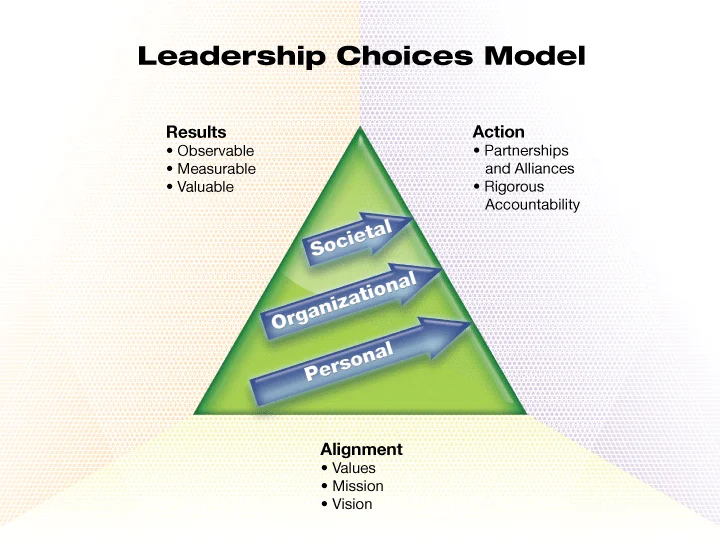
Skill Enhancement and Real-World Applications
Certification programs integrate a blend of live and self-paced learning, mentor coaching, practicum hours, and final assessments to cultivate robust coaching skills. Practicum hours, often 12 or more, are essential for gaining confidence and fulfilling certification requirements. These involve real coaching practice with feedback from experienced mentors.
Mentor coaching plays a critical role, offering detailed feedback on recorded sessions in alignment with ICF standards to refine skills.
The programs aim to develop the eight ICF Core Competencies through both group and individual mentoring, enhancing coaching capabilities. Advanced certification levels focus on applying coaching skills to complex situations such as:
- Aligning stakeholders
- Diagnosing organizations
- Handling high-pressure projects
For instance, Oregon State University’s Professional Life Coach Certification includes mentor coaching, monthly coaching circles, and practicum hours to prepare candidates for ICF accreditation and high-quality coaching.

Choosing the Right Leadership Coaching Certification Program
Comparing Leadership Coaching Certification Programs
Leadership coaching certifications come in all shapes and sizes, fitting various needs and budgets. Here’s a breakdown of some top programs:
-
iPEC Coach Training: A 10–12 month online course, costing $9,995. This program is a solid choice if you want a deep dive into coaching basics.
-
Co-Active Training Institute: Offers a 6-month online course, priced between $13,750 and $14,750, with a focus on personal and professional growth.
-
Coaching Training Alliance (CTA): A quicker option with a 9-week course for $749.
-
Brown University: Provides an 8-month program, costing about $11,000, combining academic depth with hands-on experience.
-
Georgetown University: Similar to Brown, offering an 8-month program priced at approximately $14,000.
-
Coaching Academy for Leaders: Focuses on leadership skills in its 6-month program, including 66.5 training hours, and costs $6,797.
-
Essential Impact: Offers a 6-month course for $7,735, preparing coaches for ICF certification.
-
Institute of Executive Coaching and Leadership (IECL): A 7-week program at $3,400, concentrating on executive coaching and leadership growth.
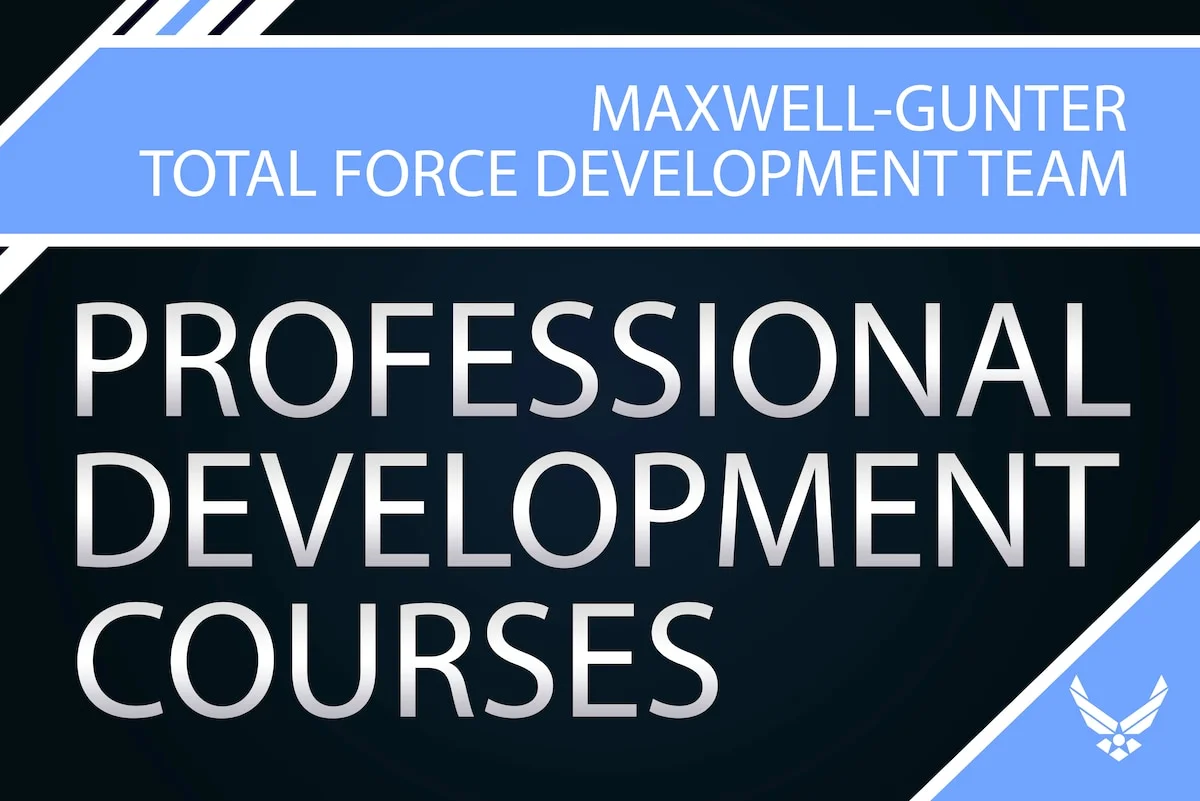
Key Factors in Choosing a Leadership Coaching Program
When choosing a coaching certification program, consider the following factors:
-
Accreditation: Ensure the program is accredited by the International Coaching Federation (ICF) for credibility.
-
Program Length: Options range from 7 weeks to 24 months. Consider your schedule and preferred learning pace.
-
Format: Programs are available online, in-person, or as a hybrid. Choose what suits your learning style.
-
Cost: Prices range from under $4,000 to over $14,000. Check your budget and compare value.
-
Features: Look for live coaching practice, mentor sessions, and group work, as these elements enhance skill development.
-
Career Goals: Ensure the program aligns with your career aspirations, whether you're targeting executives or aiming to become a coach.
-
Reviews: Research feedback on platforms like LinkedIn and Reddit to gauge program quality and participant satisfaction.
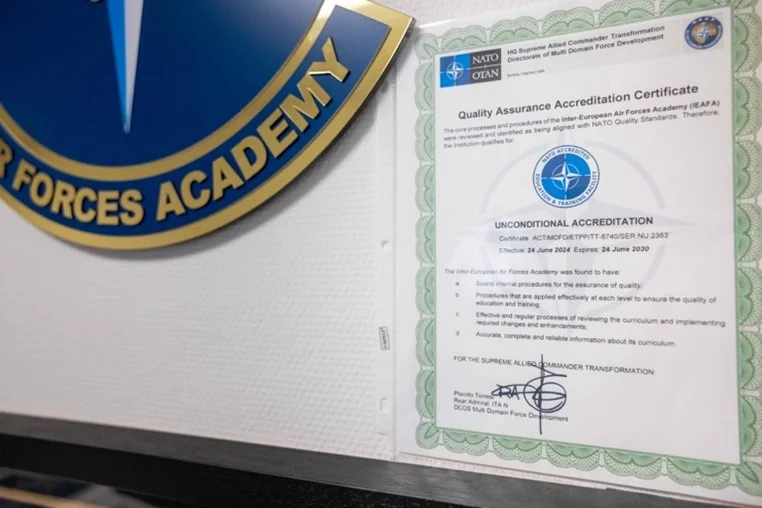
Long-Term Career Impact and Industry Trends
Leadership Coaching Certification: Evolving Trends and Relevance
Leadership is undergoing a transformation. Increasingly, executive coaching, especially from certified coaches, is recognized as a strategic advantage. This form of coaching aids leaders in personal growth by enhancing:
- Self-awareness
- Communication
- Emotional intelligence
- Adaptability
- Strategic thinking
Obtaining certification in leadership coaching signifies adherence to high standards and ethics, employing proven methodologies and tools that yield tangible results. In the US, programs offered by the Global Coach Group and the Coaching Academy for Leaders align with International Coaching Federation (ICF) credentials, emphasizing genuine impact and leadership development.

The ICF stands as the premier authority for coaching credentials, advocating for rigorous education and ethical practices as essential to credibility and career advancement. source
Expert Insights on Leadership Coaching Certification and Future Trends
Experts assert that certified executive coaching provides a confidential environment for leaders to confront challenges and receive candid feedback, which is vital for development and talent retention. source
Looking forward, it is anticipated that more institutions will embrace coaching certifications. Programs like InsideTrack are focusing on enhancing coaching skills across teams to create lasting impact.

The industry is poised to integrate technology and AI-driven evaluations to refine coaching and skill assessments, as evidenced by programs incorporating AI evaluations. source
The demand for leadership coaching certification is projected to rise as organizations strive to cultivate coaching cultures that foster agility and innovation in a rapidly evolving business landscape. source
InsideTrack’s programs illustrate a shift towards comprehensive, scalable coaching strategies, which are likely to proliferate across US institutions.
Leadership Coaching Certification FAQs
How Does Leadership Coaching Certification Enhance Career Growth?
Getting a leadership coaching certification can significantly enhance your career. It boosts your credibility and trust with clients, companies, and peers, which can lead to more job opportunities and professional recognition. Certified coaches often charge more and have better earning potential than those without certification.
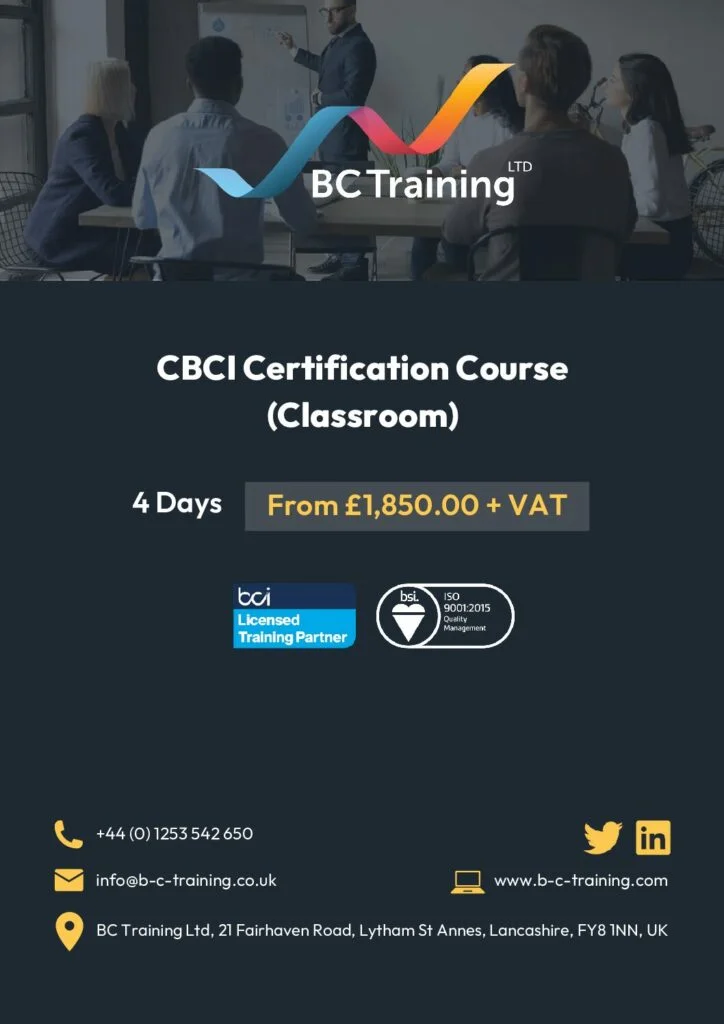
Certification aligns you with industry standards, making it easier to work with corporate clients and secure executive coaching gigs. Programs like the Certified Leadership Coach offer structured training and credentials such as the ICF Associate Certified Coach (ACC), further proving your expertise. Investing in certification can lead to long-term career success in leadership coaching.
For example, a coach who completed an ICF-accredited program reported gaining more corporate clients and being able to charge higher fees due to the added credibility and recognized credentials.
Key Skills Developed Through Leadership Coaching Certification
Leadership coaching certification programs are carefully crafted to build a wide range of skills essential for effective coaching.
Developing Communication Skills in Leadership Coaching
These programs teach foundational coaching skills, leadership strategies, and ethical guidelines crucial for effective coaching. You learn to use agile, non-directive coaching models and incorporate neuroscience principles to boost your coaching impact. Training includes frameworks and strategies that help you confidently tackle leadership challenges.
Enhancing Emotional Intelligence Through Certification
Mentor coaching plays a significant role, allowing you to refine your skills with feedback from seasoned professionals. Certifications emphasize agile, non-directive coaching models and use neuroscience to improve coaching effectiveness.
Goal Setting and Strategic Planning Skills
Advanced programs offer skills in team coaching, leadership assessments, and business growth strategies to expand your practice. For example, through certification, you might learn the Excelerator Coaching Model, which uses neuroscience to enhance leadership development and gain skills to deliver measurable results for teams and organizations.
Conflict Resolution Techniques in Leadership Coaching
These programs also focus on handling conflicts effectively, which is key in organizational settings. You'll learn techniques for mediating disputes, having tough conversations, and fostering a collaborative environment.
Boosting Credibility with Executive Coaching Certification
Executive coaching certification greatly boosts your credibility with corporate clients. It demonstrates that you've had formal training, adhere to ethical practices, and possess proven coaching skills. Credentials from recognized bodies like the International Coaching Federation (ICF) indicate that you meet industry standards and have high professional competence.

Corporate clients prefer certified coaches because it shows a commitment to quality and ongoing development. Certification programs often include performance evaluations and mentor coaching, ensuring you can deliver impactful coaching that aligns with corporate leadership needs. Achieving higher-level credentials like PCC or MCC sets you apart as an expert and leader in the field, boosting corporate client confidence.
For example, a coach with an ICF Professional Certified Coach (PCC) credential was chosen over non-certified peers by a Fortune 500 company due to the demonstrated expertise and ethical standards linked to the certification.